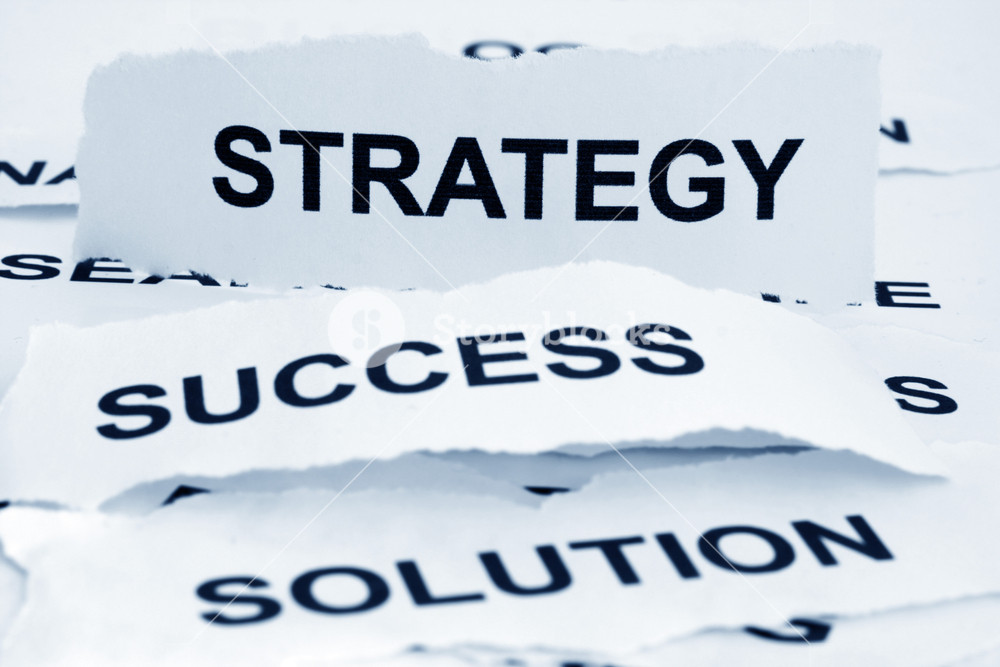Understanding your Leadership Style : Leadership Personality Tests
Perhaps it’s a politician, a popular entrepreneur, or a religious individual. Or perhaps it is someone you personally know—like your teacher, your boss, or a friend.
You can find people in leadership roles nearly everywhere you look.
Understanding your leadership style is crucial for effectively leading a team and achieving desired outcomes.
Each person has a distinctive approach to leadership, which is evident in their actions, attitudes, and decision-making processes.
By gaining a deeper understanding of your leadership style, you can harness your strengths, address your weaknesses, and adapt your style to different situations.
In this article, we will explore the importance of understanding your leadership style and provide steps to help you gain insight into your own approach.
Despite having the responsibilities of a leader, not every individual naturally excels at effective leadership. This is unfortunate, as with dedication, humility, and a commitment to learning, anyone can develop the skills to lead effectively.
The question now is, how can you do that? lets Understand …
What Are the Most Crucial Leadership Skills ?
Remember that great leaders should have a plethora of attributes and skills to become effective in their role. Some of the most critical attributes are the following:
Reflecting on your behaviors is an essential step in understanding your leadership style. Take the time to analyze how you typically act and interact with others in a leadership role.
Consider the following questions:
1. How do you communicate with your team members? Do you clearly articulate your expectations and provide feedback?
2. How do you make decisions? Are you more inclined towards taking charge and making decisions independently, or do you involve your team members in the decision-making process?
3. How do you handle conflict?
4. How do you handle feedback? Do you actively seek feedback from your team members and use it to improve your leadership skills? Are you open to receiving constructive criticism?
5. How do you motivate and inspire your team? Are you able to create a positive and motivating work environment? Do you encourage creativity and innovation among your team members?
6. How do you delegate tasks and responsibilities? Are you able to effectively assign tasks
7. How do you handle setbacks and challenges? Are you resilient in the face of adversity and able to lead your team through difficult situations? Do you remain calm and composed or do you get overwhelmed easily?
8. How do you promote a culture of collaboration and teamwork? Do you encourage open communication and foster a sense of trust and camaraderie among your team members? Do you actively involve them in decision-making processes?
In summary, understanding your leadership style involves reflecting on your behaviors, attitudes, and decision-making processes. Some key points to consider include:
1. Reflecting on how you communicate with your team members and provide feedback.
2. Examining your decision-making process and whether you involve others in the process.
3. Assessing how you handle conflict and whether you promote open and constructive dialogue.
4. Evaluating how you respond to feedback and whether you actively seek opportunities for improvement.
How Can You Enhance Your Leadership Skills?
It is now recognized that top-down autocratic leadership has far less relevance to modern organizations, which experience fast change and have to fight to flourish in an extremely competitive and increasingly global marketplace.
One thing that is useful is when leaders have expert power. Individuals admire and believe in such leaders because they are experts in what they do. On top of that, they have credibility and have earned the right to be followed and heard. That makes it a lot simpler for such leaders to inspire and motivate their teams.
Furthermore, great leaders are
- Flexible
- Organized
- Reliable or show integrity
- Adept at conflict resolution
- Motivators and mentors
- Recognize potential
- Provide feedback
- Good delegators
- Positive
- Strategic thinkers
- Empathetic
- Good open communicators
- Ethical,
- Adaptable,
- Flexible, and
- Culturally aware to be credible in the eyes of their stakeholders and employees.
- The effective leaders of today and tomorrow will collaborate, consult, and distribute their power to get the best from themselves, their people, and the company as a whole.
What’s the Difference between a Leader and a Manager?
Remember that leaders make a vision and produce support for it. Managers work to make the vision a reality.
An effective leader is a person who does the following:
- Embodies expert credibility, authenticity, trust, credibility, and power.
- Demonstrates flexibility.
- Works well with a team.
- Enables their team’s success.
- Produces a vision of the future.
Can a Leadership Coaching Help You Prepare and Grow?
Absolutely! Coaching can help aspiring leaders determine their weaknesses and strengths so they have a clear picture of where they need to improve and develop.
Coaches can also provide honest feedback on different approaches or new ideas. In addition, they can help build leaders’ communication and emotional intelligence skills, which are essential for effective leadership.
Conclusion
To be successful in your career, regardless of your position or title, you must demonstrate excellent leadership skills.
Take note that effective leaders can add value by simply being present on teams. They are motivating and inspirational. They understand the right things to say to people to help them better understand what is needed, and they can encourage people to support a cause.
When you have talented and effective leaders in your organization, you are well on your way to success. Establish those leadership skills in yourself and within your team members—and you will see the productivity and performance of your team improve.

SCHEDULE YOUR INTRODUCTORY COACHING SESSION AT NO COST !
– Know-How you can Make an Impact on your Life & Branding and Get Successful.
Check here – https://www.bhuwanpant.com/power-talk/











